
What Is Hyperglycemia?
Hyperglycemia means blood sugar is abnormally high and may need treatment. Although it’s the main symptom of diabetes, hyperglycemia can have other causes, too.

The difference between type 1 and type 2 diabetes can occur on several levels, including age, lifestyle, and body physiology. Learn more.
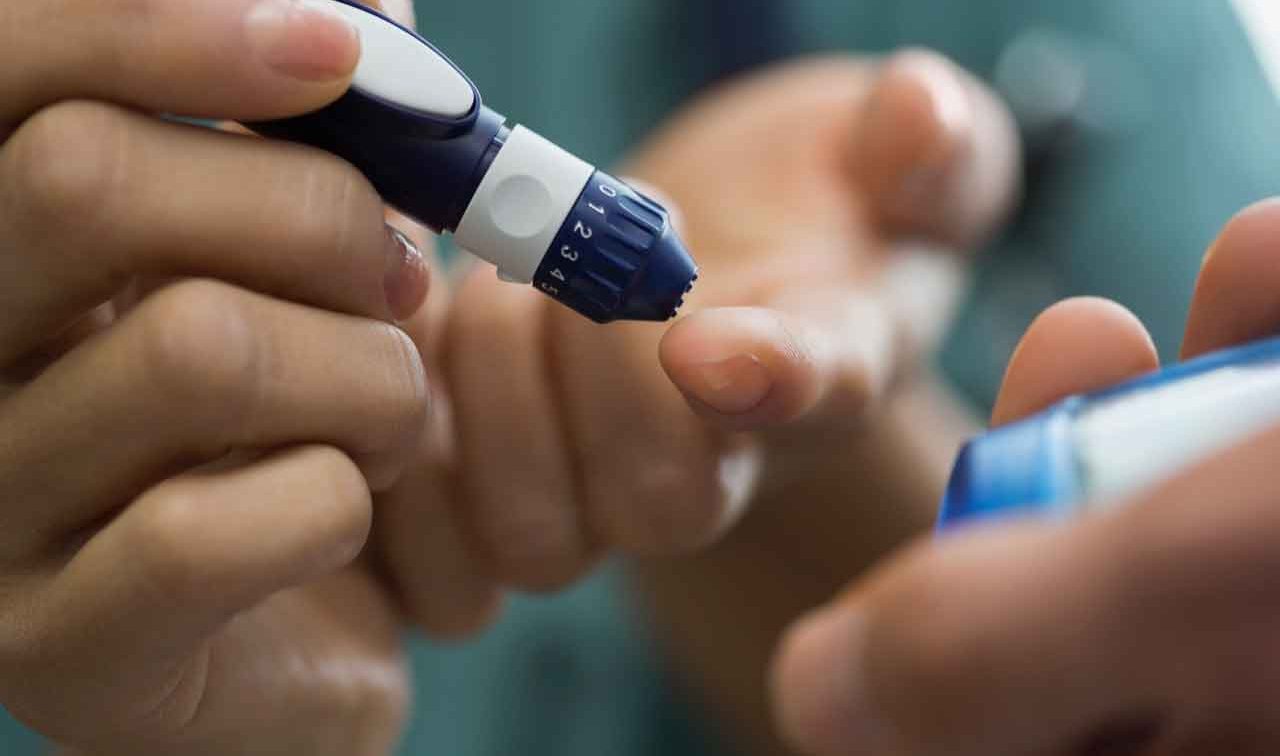
Eating too many carbohydrates isn’t the only cause of diabetes. Here are four risk factors of type 2 diabetes that you might not know much about.

Two out of three U.S. adults with diabetes aren’t getting enough of the medical care they need. Here's what you can do.
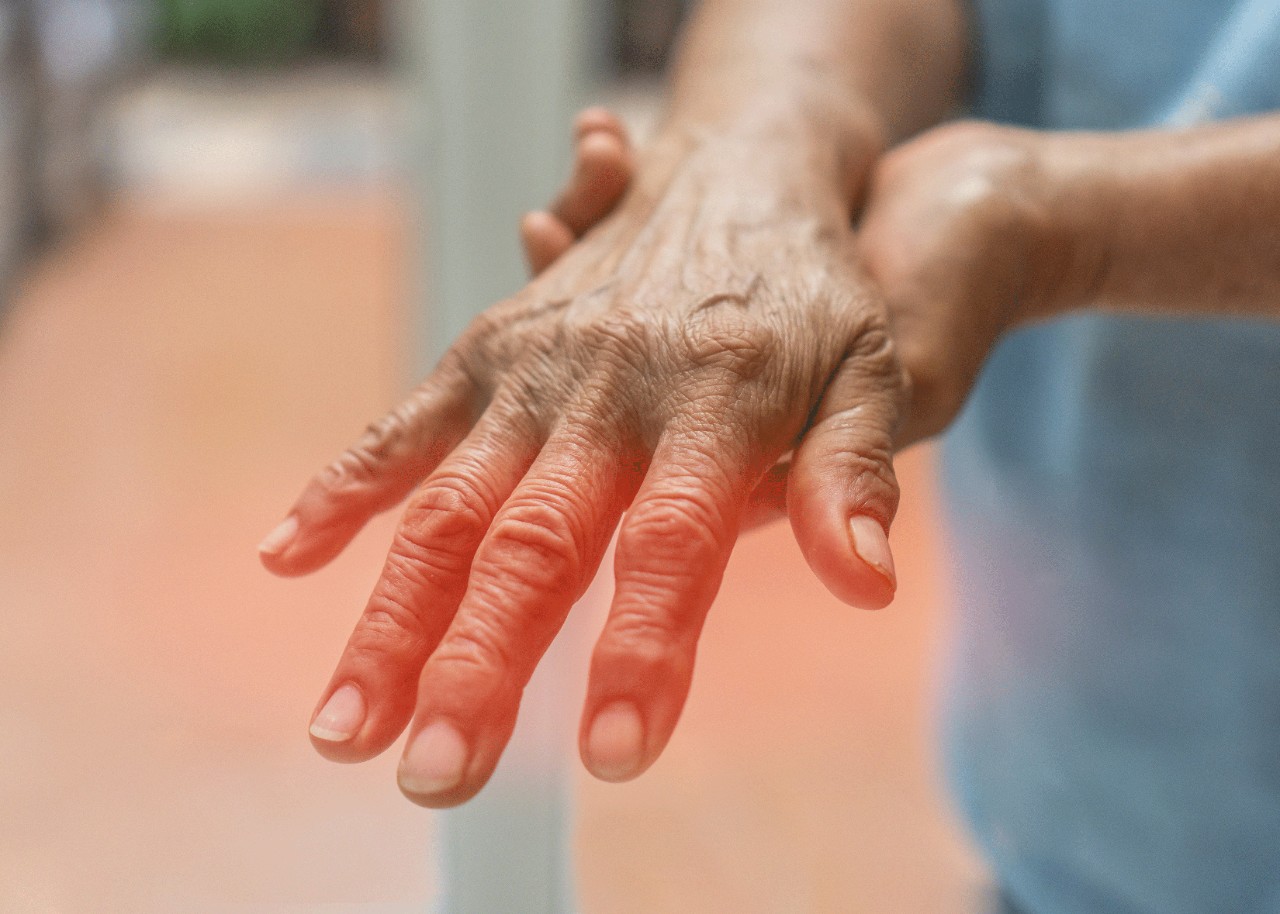
Peripheral neuropathy (damage to nerves outside the brain and spinal cord) results in pain, tingling, and numbness in hands and feet. Diabetes is a common cause.
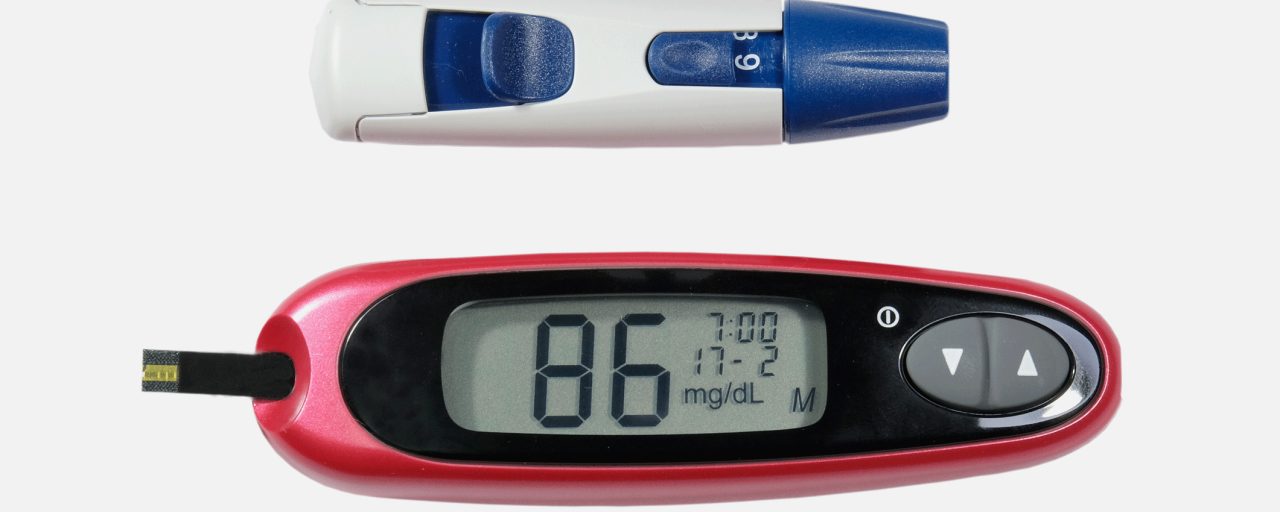
What is the normal range for blood sugar? You may not have diabetes but could be one of the many Americans with prediabetes, with levels higher than normal.

An A1C test can diagnose diabetes and monitor blood sugar levels over several months. It can also identify prediabetes, which raises your risk for diabetes.

Help for a common source of pain, diabetic peripheral neuropathy, may come from an everyday vitamin found in sunlight and foods — vitamin D. Here’s what you should know.

Whether you have diabetes or not, keeping blood sugar in a healthy range is important. Learn about foods that lower blood sugar, and include them in your meals.

Everyone is different, but one constant is controlling blood sugar, and the key is education toward moderation and health.

What is diabetes? If you’re asking that question, chances are you or someone you care about has it. Yet the most common kind of diabetes can be reversed.

Diabetes affects American women and men about equally. But, while many of the symptoms are the same, diabetes can affect women differently than men.

If you have high cholesterol, taking statins can lower your risk of heart disease. But statins may promote diabetes. Get the facts to protect your health.

Your arteries contract during a heart attack, making the aftermath worse.

Even many experts consider the debate over carbohydrates the most confusing aspect of dietary advice.
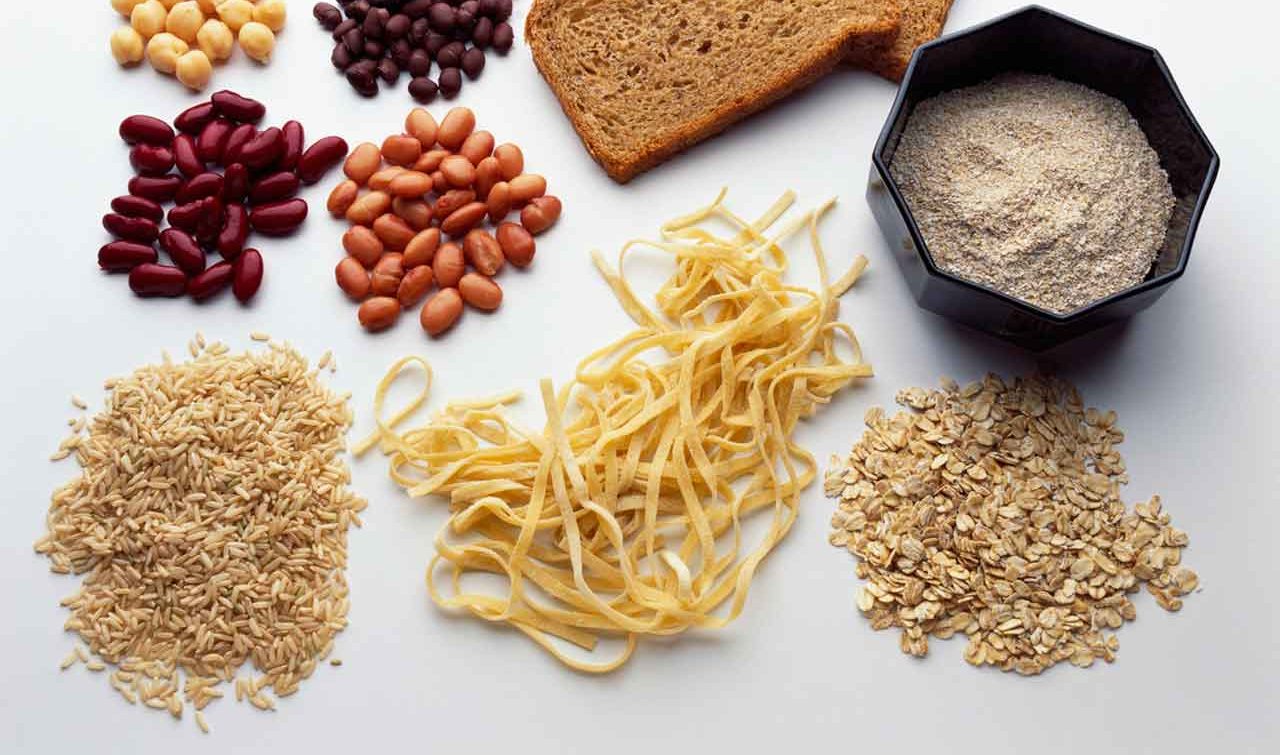
Many alternatives have been developed to evaluate how foods affect blood sugar, including glycemic load.

Don’t get caught up in the numbers. Just eat more vegetables, and less white stuff, to control your diabetes.
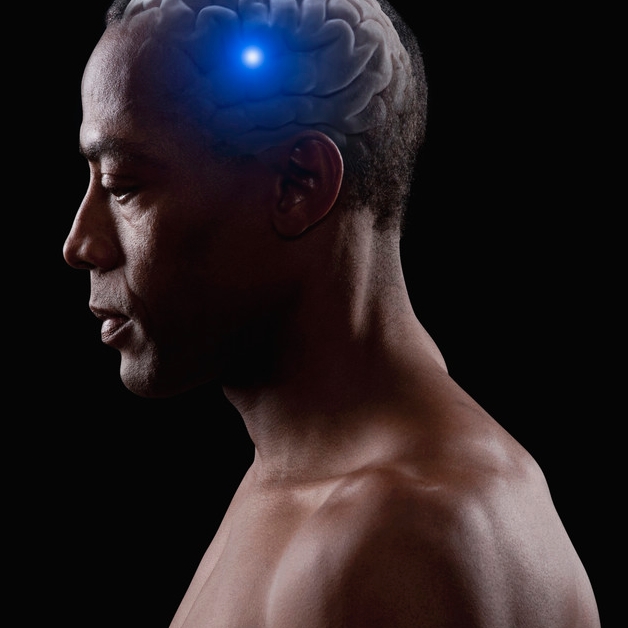
Uncontrolled diabetes may lead to memory loss.
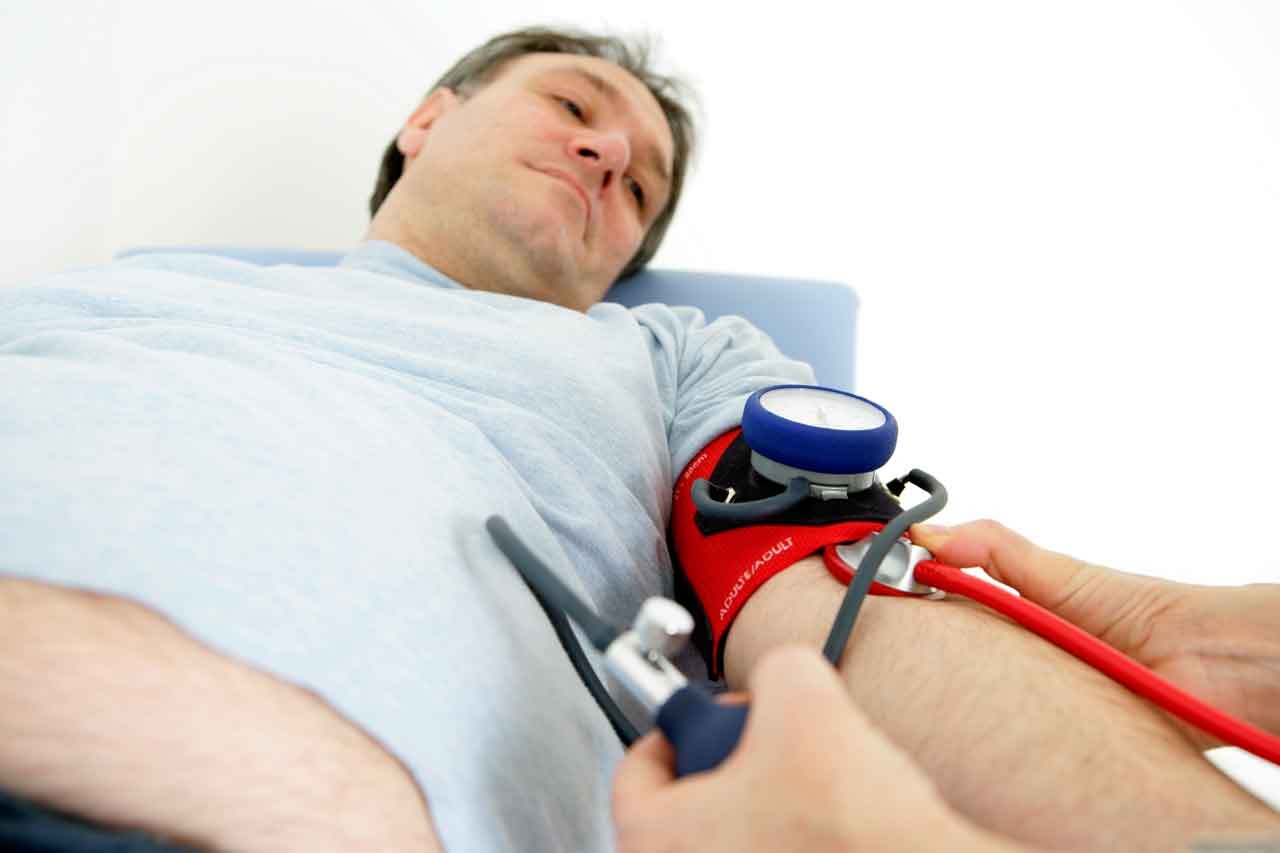
Prediabetes and type 2 diabetes are marked by insulin resistance — and preventing or reversing insulin resistance may prevent dementia, including Alzheimer’s.
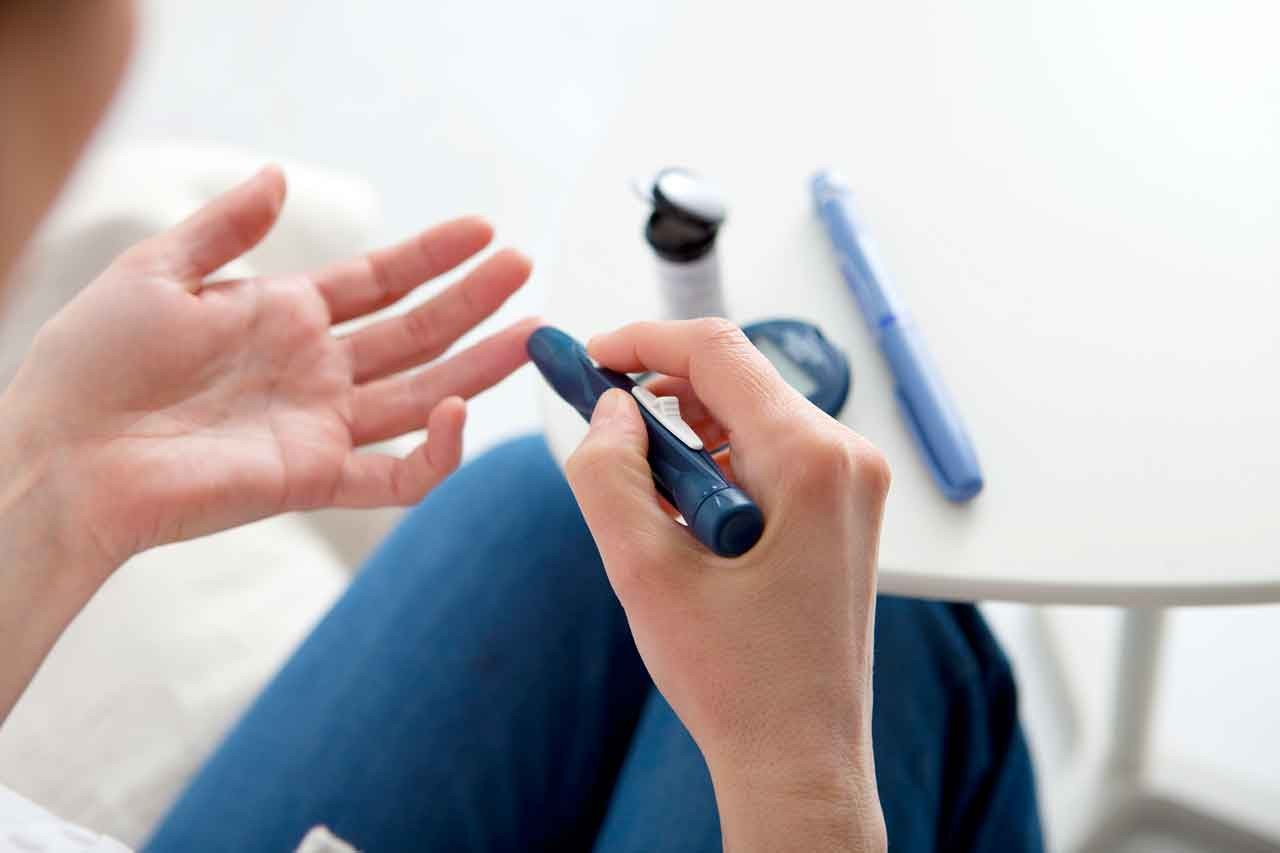
You can reverse prediabetes by changing your diet and lifestyle.
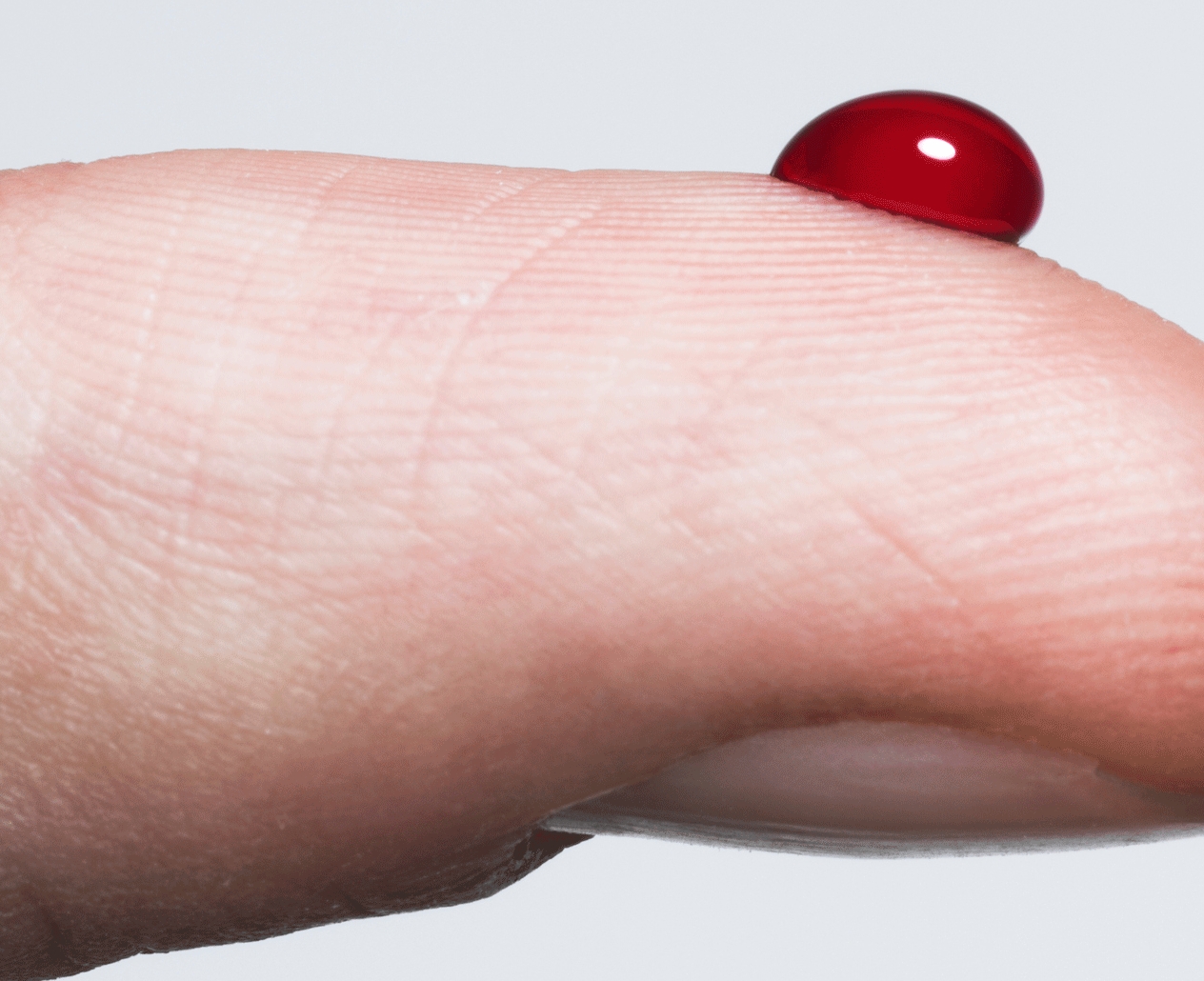
One version of the common cold that can damage your heart may also trigger type 1 diabetes. A new vaccine could help.

The more cigarettes you smoke, the higher your risk for type 2 diabetes. Smoking also makes your diabetes harder to control.
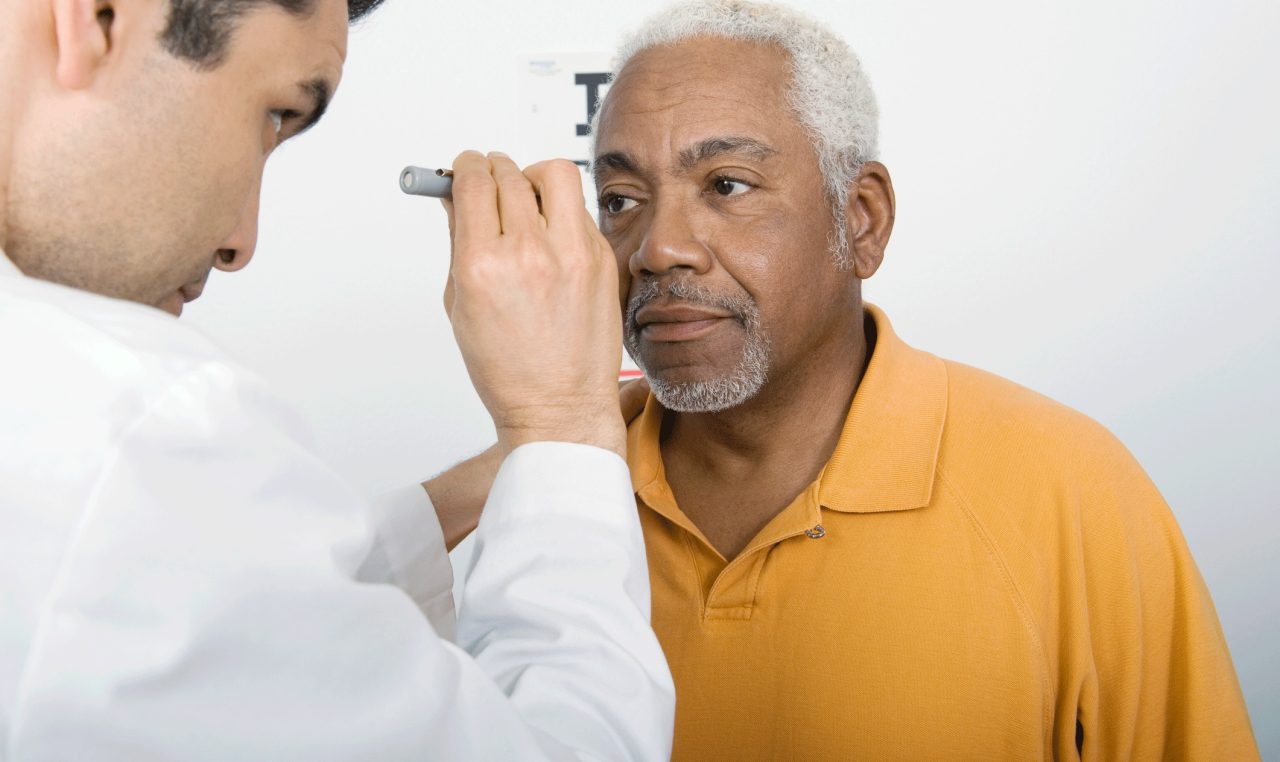
If blood sugar isn’t controlled, people with diabetes can develop diabetic retinopathy. This vision-robbing condition can cause blindness, if not treated early.

Don’t wait for chest pain. Heart attack symptoms when you have diabetes are more likely to include fatigue and trouble breathing. Learn which signs to watch for.
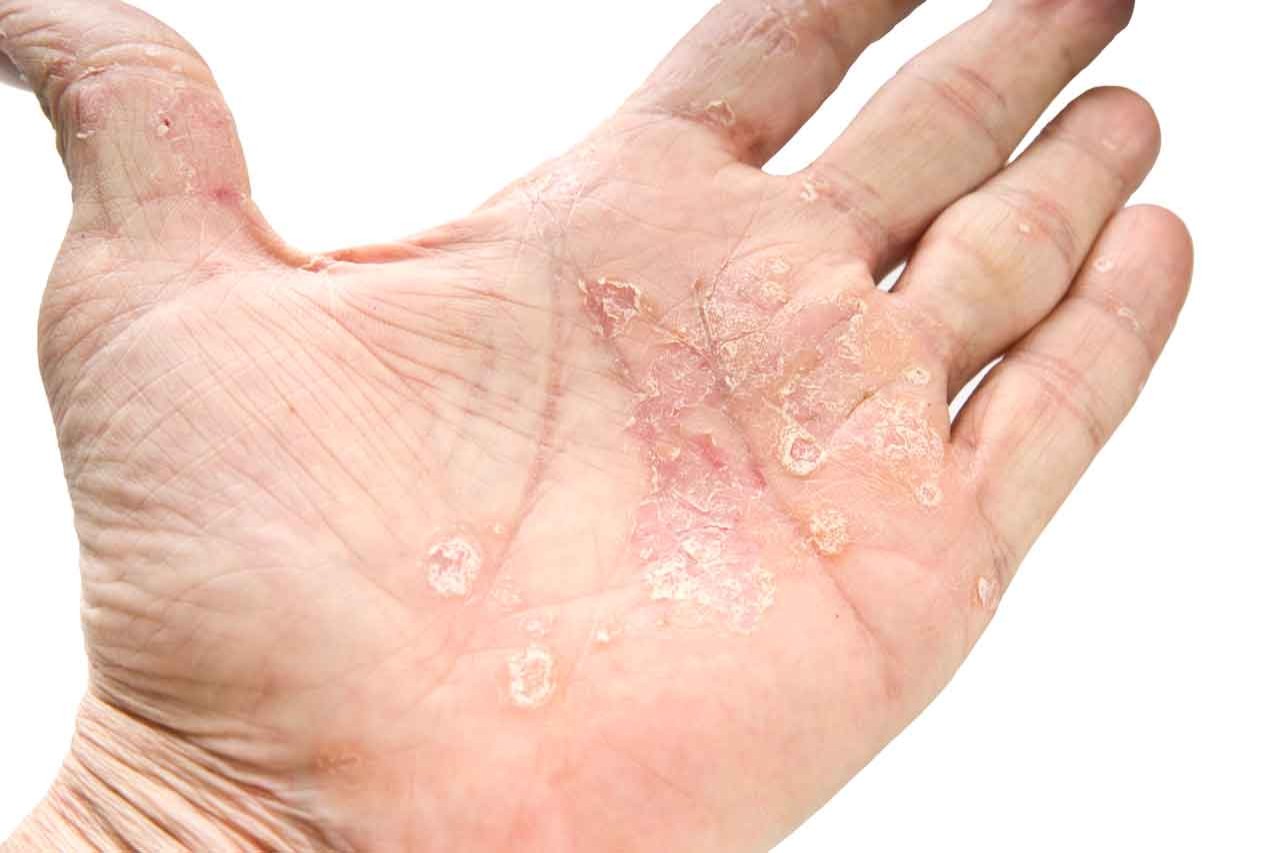
Psoriasis is an inflammatory skin condition that can affect many other areas of your health. The more severe your psoriasis, the higher your risk of diabetes.

Learn the early signs of diabetes. Millions of Americans have diabetes and don’t know it, and tens of millions haven’t heard that they have prediabetes.
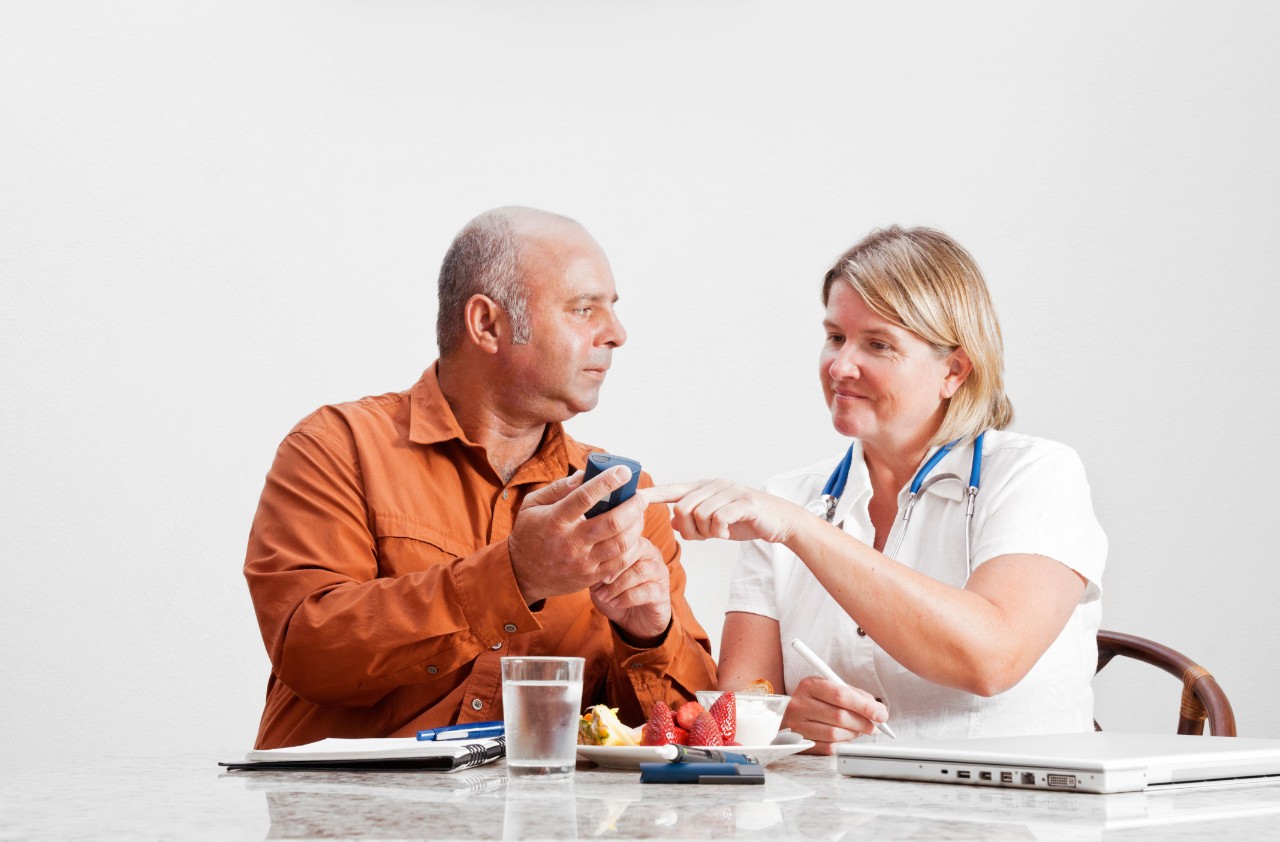
No more diabetes medications, no more sitting in doctors’ rooms, no more excess health charges may be enormously motivating.

Also called low blood sugar, hypoglycemia can affect your moods and overall wellbeing.